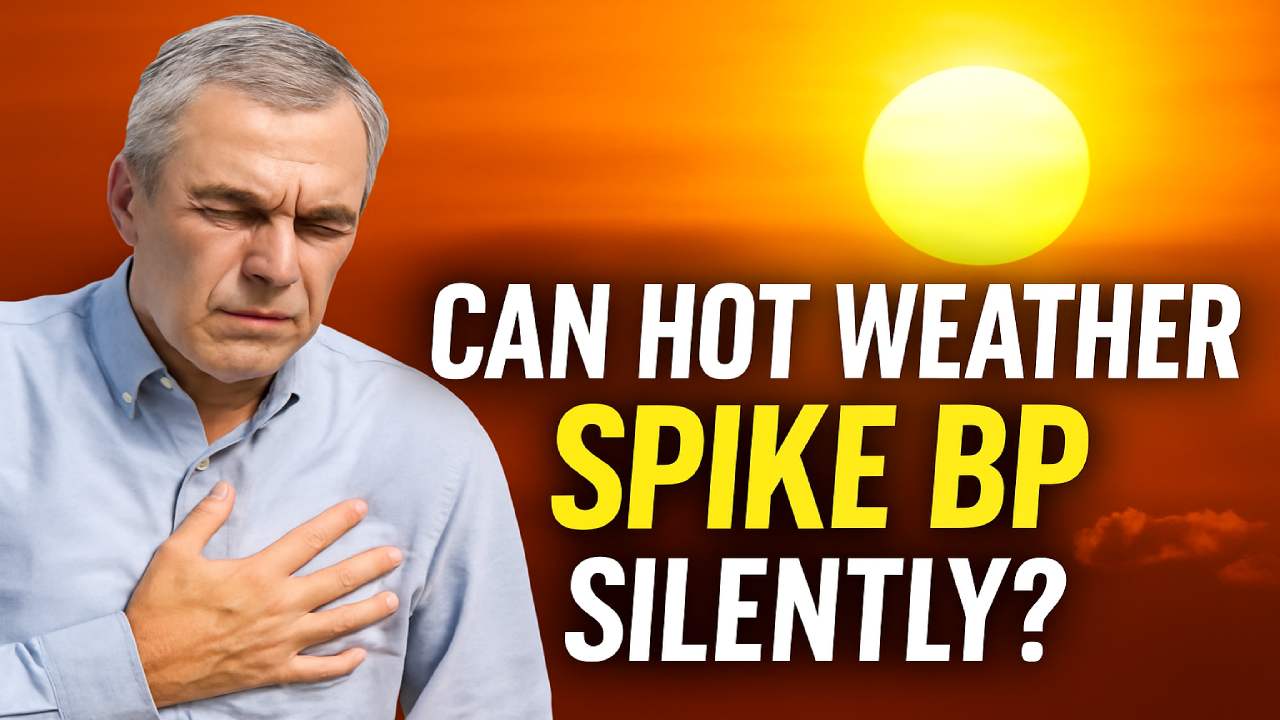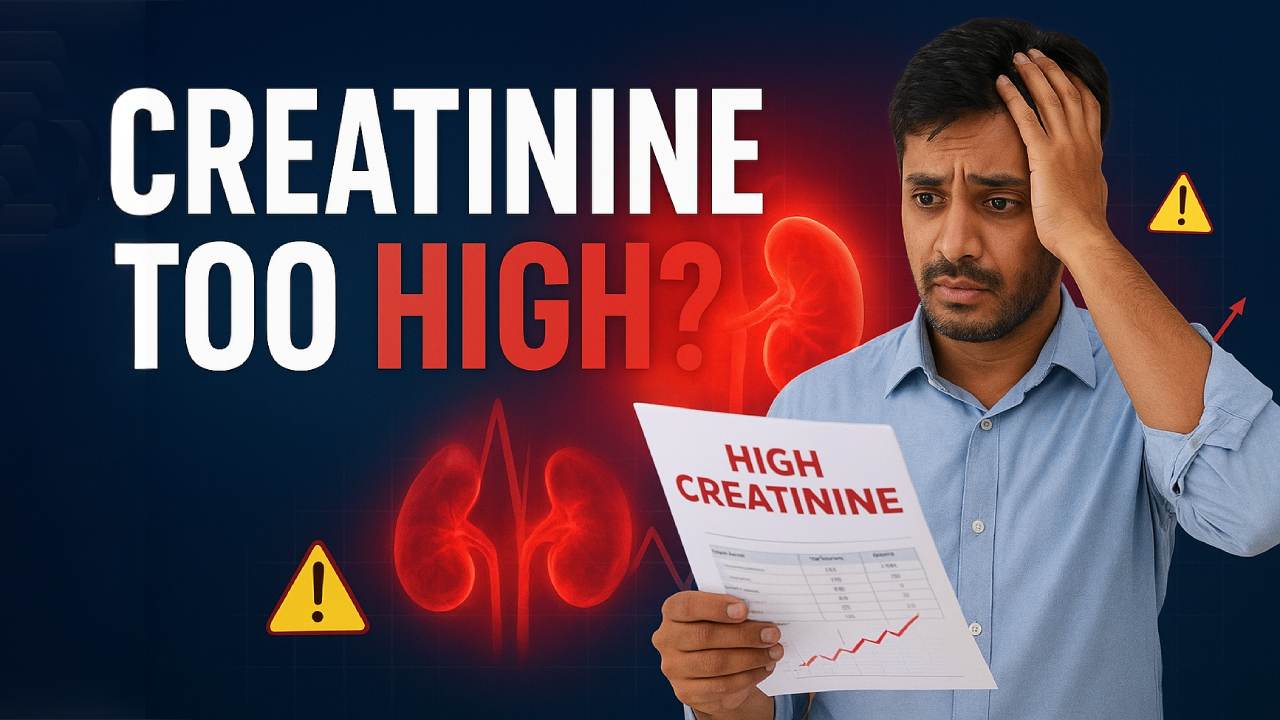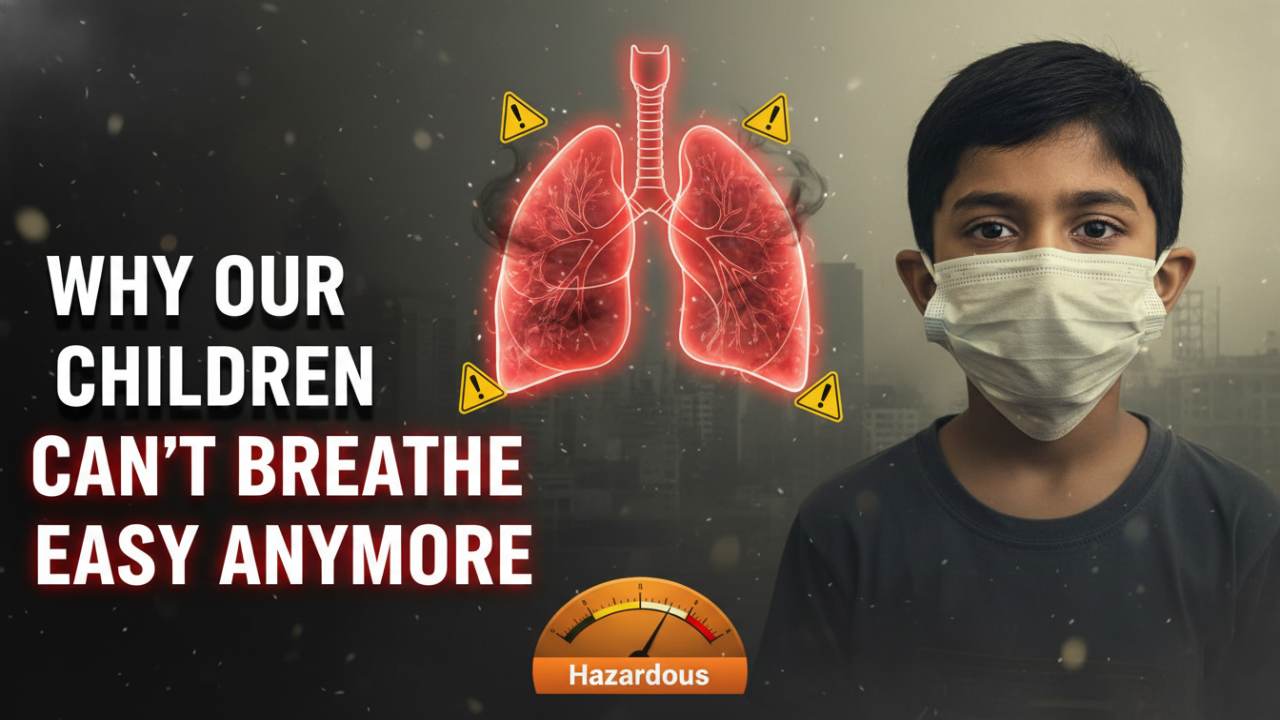The Hidden Cardiac Threat: How Hot Weather Secretly Manipulates Your Blood Pressure
Verified By Dr. Amit Handa | 05-Jun-2025
As temperatures rise, many wonder: does hot weather increase blood pressure? While heat is often associated with lower blood pressure, extremes can strain the cardiovascular system—especially for those with hypertension. Dr. Amit Handa, Consultant Cardiologist at Kailash Hospital, Noida, has seen the pattern every summer: "By mid-June, our emergency cardiac admissions spike 40% – and most patients don't realize hot weather increase blood pressure volatility until they collapse." Indeed, research shows that for every 1°C temperature rise above 29°C, cardiovascular mortality jumps 3%. This article reveals the complex relationship between soaring temperatures and blood pressure fluctuations – and how to protect your heart when the mercury rises.
Table of Content
When temperatures climb, your body deploys sophisticated cooling mechanisms that directly impact blood pressure:
1. Blood Vessel Dilation & Increased Heart Rate
In warm conditions, your body diverts blood toward the skin to release heat, expanding blood vessels and raising heart rate. According to Mayo Clinic, this mechanism boosts circulation but strains the cardiovascular system, especially during heat and high humidity.
2. Fluid Loss & Dehydration
Sweating reduces blood volume. Without adequate hydration, blood pressure can drop sharply—or paradoxically spike—as the heart compensates to maintain perfusion
3. Night time Blood Pressure Rise
Studies show some individuals, particularly elderly hypertensive patients, experience increased blood pressure at night during hot weather, likely due to persistent vascular dilation and dehydration.
4. Neurohormonal Chaos
Heat triggers stress hormones (norepinephrine, cortisol) that constrict vessels. This paradoxical response causes dangerous BP spikes in vulnerable individuals
Contrary to popular belief, heat doesn't uniformly lower BP. Research reveals two dangerous scenarios:
Scenario 1: The Hypertensive Surge
For 68% of patients with existing high blood pressure, temperatures above 32°C cause systolic BP to spike 15-20 mmHg due to:
- Compensatory vasoconstriction after initial dilation
- Adrenaline-driven heart rate increases
- Medication interference (e.g., diuretics exacerbating dehydration)
Scenario 2: The Hypotension Crash
Elderly patients often experience drops to 90/60 mmHg or lower because:
- Impaired baroreflexes prevent vascular compensation
- Medications accumulate in dehydrated bodies
- Delayed thirst response reduces fluid intake
"Both extremes are deadly," warns Dr. Handa. "We see more strokes from hypertensive surges, while hypotension crashes cause falls and myocardial ischemia."
Also read: Can a Blood Clot in Arteries Cause Heart Attack?
1. Heat Exhaustion & Syncope
Excessive sweating lowers blood pressure and electrolyte balance, triggering dizziness or fainting.
2. Heat Stroke
In severe cases, dehydration and heat can lead to low blood pressure, rapid heart rate, confusion, and organ strain.
3. Cardiovascular Strain
Heat raises cardiac workload, which is hazardous for those with underlying heart conditions.
4. Increased Mortality Risk
Extreme temperatures correlate with a rise in cardiovascular deaths globally.
| Group |
Risk Mechanism |
Prevention Strategy |
| Hypertension Patients |
Medication sensitivity + vessel damage |
BP monitoring 3x/day; medication adjustment |
| Adults >65 |
Reduced sweat glands + slowed cardiac response |
AC exposure; hydration alarms |
| Chronic Kidney Disease |
Impaired fluid/electrolyte balance |
Limited outdoor time after 10 AM |
| Pregnant Women |
50% blood volume increase + metabolic heat |
Cooling vests; leg elevation |
| Construction Workers |
Sustained exertion + inadequate hydration |
Mandatory shade breaks every 30 minutes |
Humidity above 70% cripples evaporative cooling, creating a double-barreled threat:
- At 35°C with 80% humidity, the heat index reaches 57°C – equivalent to desert conditions.
- Heart rates sustain 15-20 bpm higher than in dry heat
- Core temperatures rise 1.5°C faster, accelerating cardiac stress
"This explains why coastal cities like Mumbai see more heat-related cardiac arrests than Rajasthan's dry heat," notes Dr. Handa.
Also read: Can Lack of Sleep Cause Heart Problems? Understanding the Critical Link
1. Hydration Engineering:
- Drink 250ml water/hour (add electrolytes if sweating visibly)
- Avoid alcohol/caffeine – they increase urine output 3x 14
2. Cooling Tactics:
- Apply ice packs to pulse points (wrists, neck) for rapid heat dissipation
- Use misting fans – evaporation drops skin temperature 5°C in 3 minutes
3. Smart Scheduling:
- Exercise before 7 AM or after 8 PM
- Postpone gardening/golf when wet bulb temperature exceeds 31°C
4. Compression Defense:
- Wear thigh-high 20-30 mmHg stockings to combat pooling blood
- Abdominal binders reduce post-meal hypotension by 50% 2
5. Dietary Adjustments:
- Increase salty snacks (olives, pickles) unless hypertensive
- Consume watermelon/cucumber – 90% water with natural vasoregulators
6. Positional Awareness:
- Sit for 3 minutes before standing to prevent drops
- Sleep with legs elevated 6 inches to maintain cerebral blood flow
7. Tech Monitoring:
- Use Bluetooth BP cuffs with heat alerts (Omron, QardioArm)
- Set smartwatch hydration reminders
Seek immediate help at a cardiac ER if experiencing:
- Systolic BP >180 mmHg OR <90 mmHg with dizziness
- Chest pressure lasting >10 minutes despite rest
- Severe headache, blurred vision, or breathlessness
- Sudden swelling of limbs
- Confusion/disorientation in heat
- No urination for 6+ hours with rapid pulse
- Signs of heat stroke: high temperature, dry skin, or loss of consciousness
These warrant immediate medical attention, especially if you have known hypertension or heart disease. Seek care at your best heart hospital in Noida for accurate evaluation and treatment.
"Don't wait – every minute matters during heat-triggered cardiac events," urges Dr. Handa.
Also read: Rising Concern: Sudden Cardiac Death in Young Adults
While heat typically lowers blood pressure, extremes may exacerbate symptoms. Regular monitoring paired with lifestyle adjustments helps maintain cardiovascular stability year-round.
Dr. Handa also notes, "Don’t assume summer is 'safe.' Seasonal blood pressure fluctuations occur; vigilance ensures optimal heart health."
To answer the core query: Yes, hot weather can increase blood pressure, particularly through dehydration and cardiovascular stress. While hot weather increase blood pressure volatility is inevitable, catastrophe isn't. By understanding your personal risk profile, adapting behaviors, and leveraging advanced resources like those at Kailash Hospital, you can thrive through summer's challenges.
"Your heart shouldn't fear the sun," concludes Dr. Handa. "With intelligent precautions, summer can remain a season of joy – not jeopardy."
For personalized heat-cardiology consultations in Delhi-NCR, contact Dr. Amit Handa at Kailash Hospital, Noida – where world-class cardiology meets climate-smart care.



 +91-9711918451
+91-9711918451
 international.marketing@kailashhealthcare.com
international.marketing@kailashhealthcare.com







